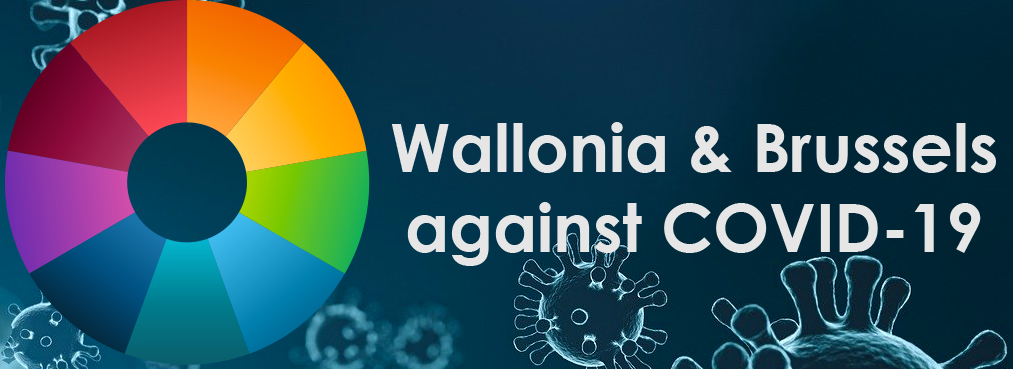Saïd Mahmoudi, Professor - Thierry Dutoit, Full Professor - Sidi Ahmed Mahmoudi, Professor- Xavier Lessage, Eng - Sohaib Laraba, Eng - Omar Seddati, Phd - Mohammed Amin Belarbi, Eng - Olivier Debauche, Eng
UMONS - Faculty of Engineering - ILIA and ISIA Departments
" This study allows an early Covid-19 diagnosis by using AI and explainable based classification and detection methods applied to CT and X-ray datasets. Many datasets form several hospitals in Belgium are used. The goal of the project is to use AI based methods to identify Covid-19 patients. Explainable AI methods are used to provide efficient interpretation and visualization tools for the classification and detection results obtained. The second goal of this project is to create a benchmark dataset composed of chest CT and X-ray database related to Covid-19 disease. To this aim, a semi-automatic annotation tool is developed in order to allow fast image annotation by radiologists. - Explainable artificial intelligence applied to Covid-19 detection based on CT and X-ray images. - Annotation tool development to build a benchmark database. "
Funding: University of Mons - Faculty of Engineering
Publication References: ...


